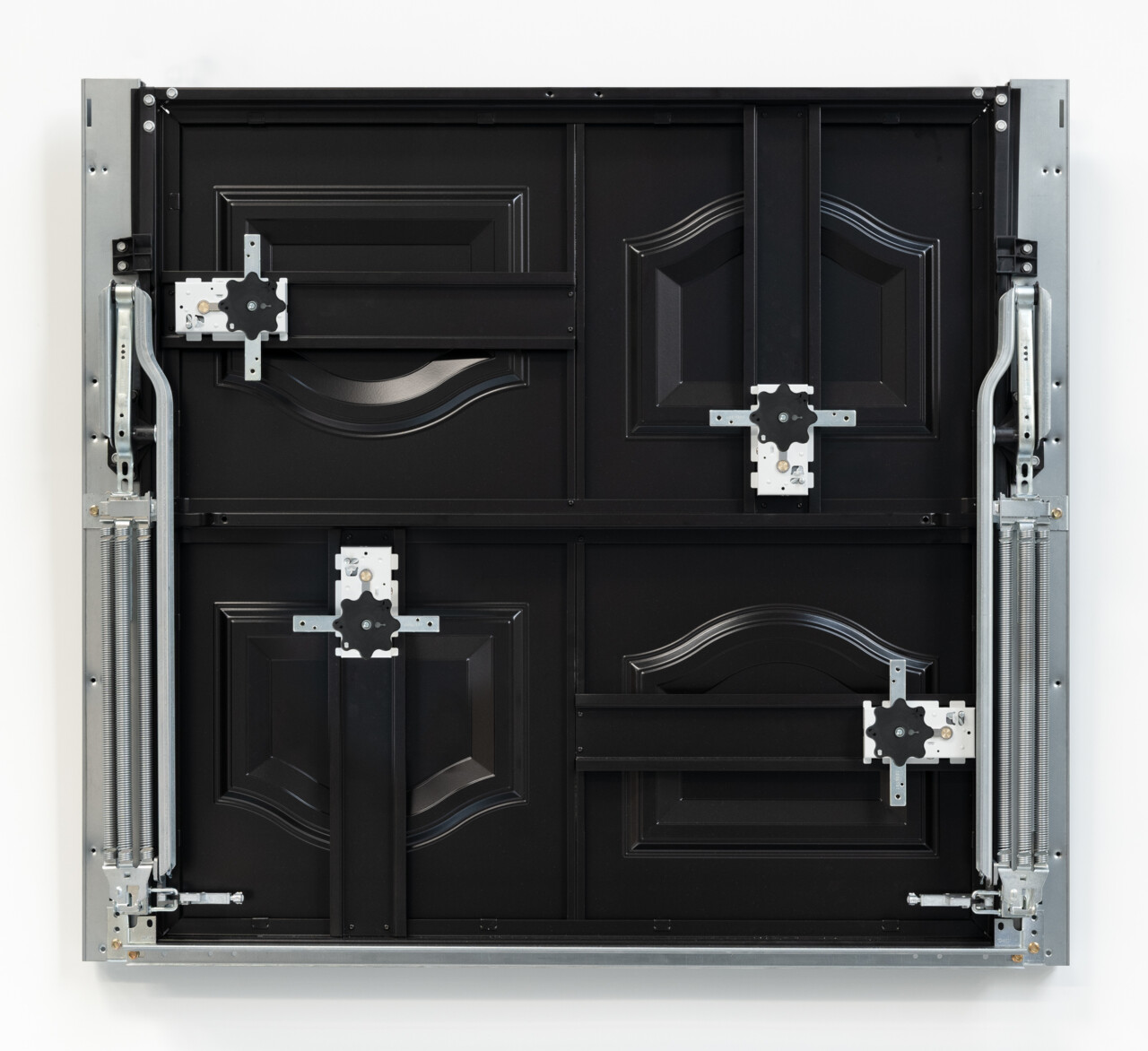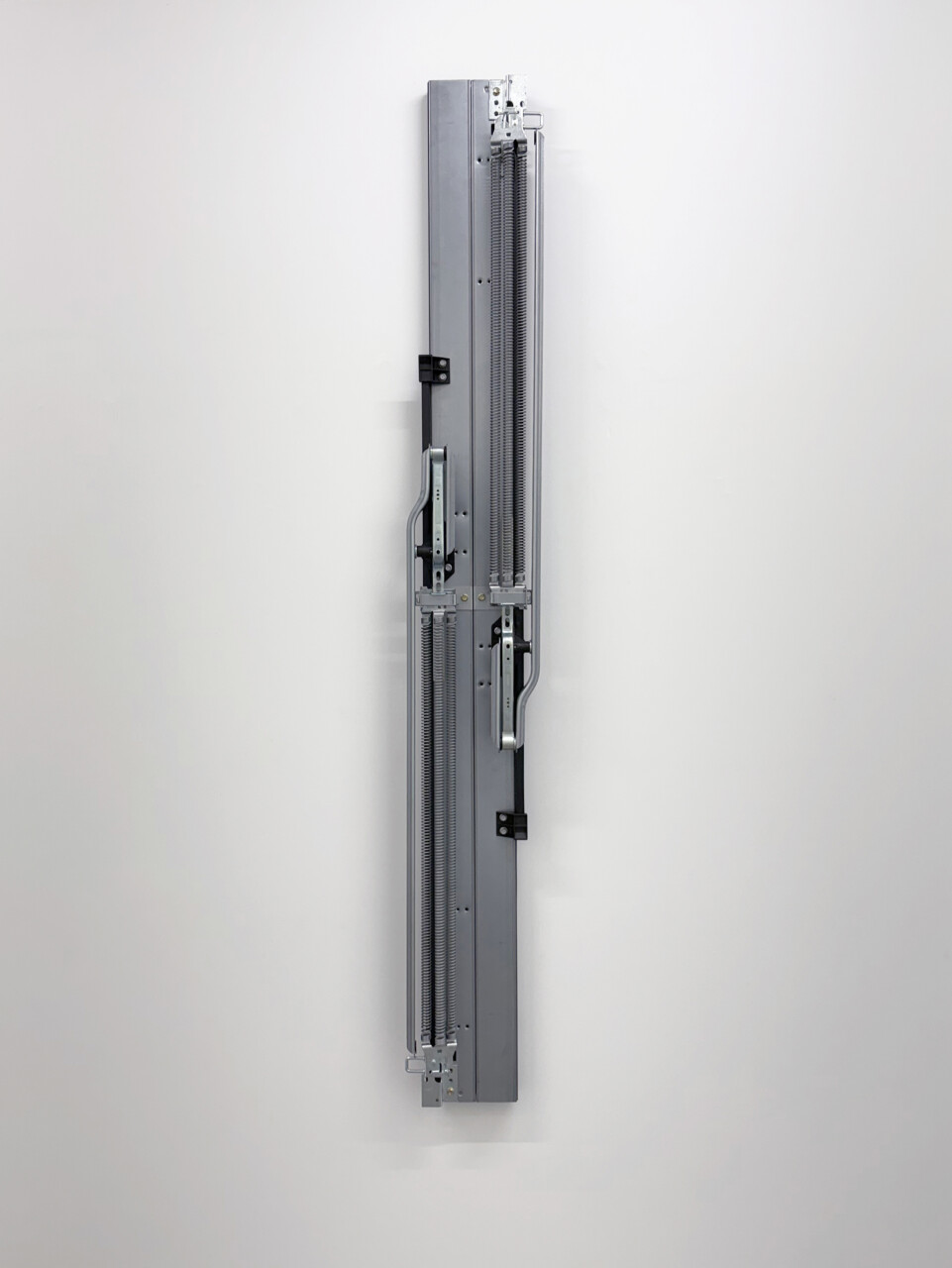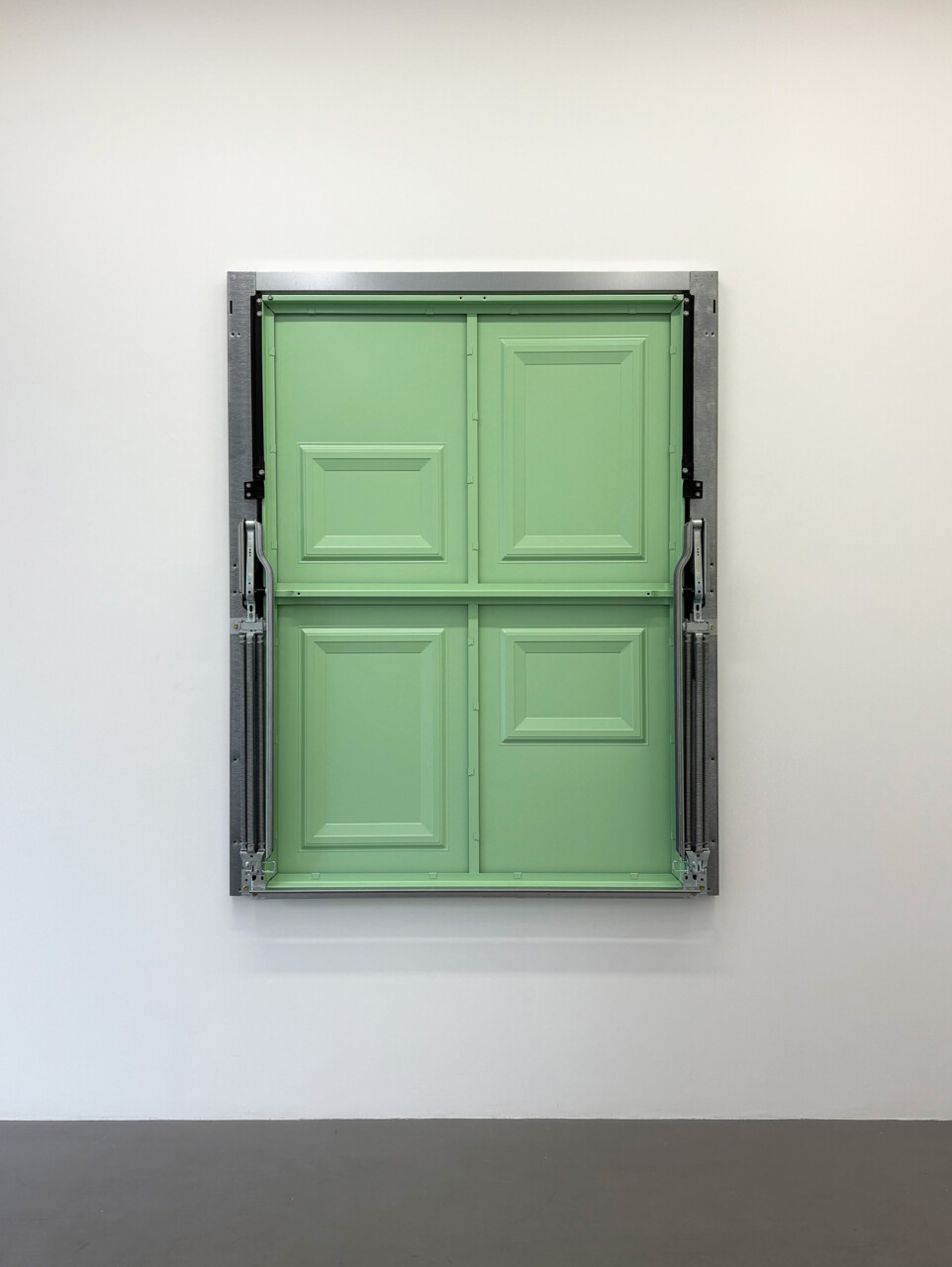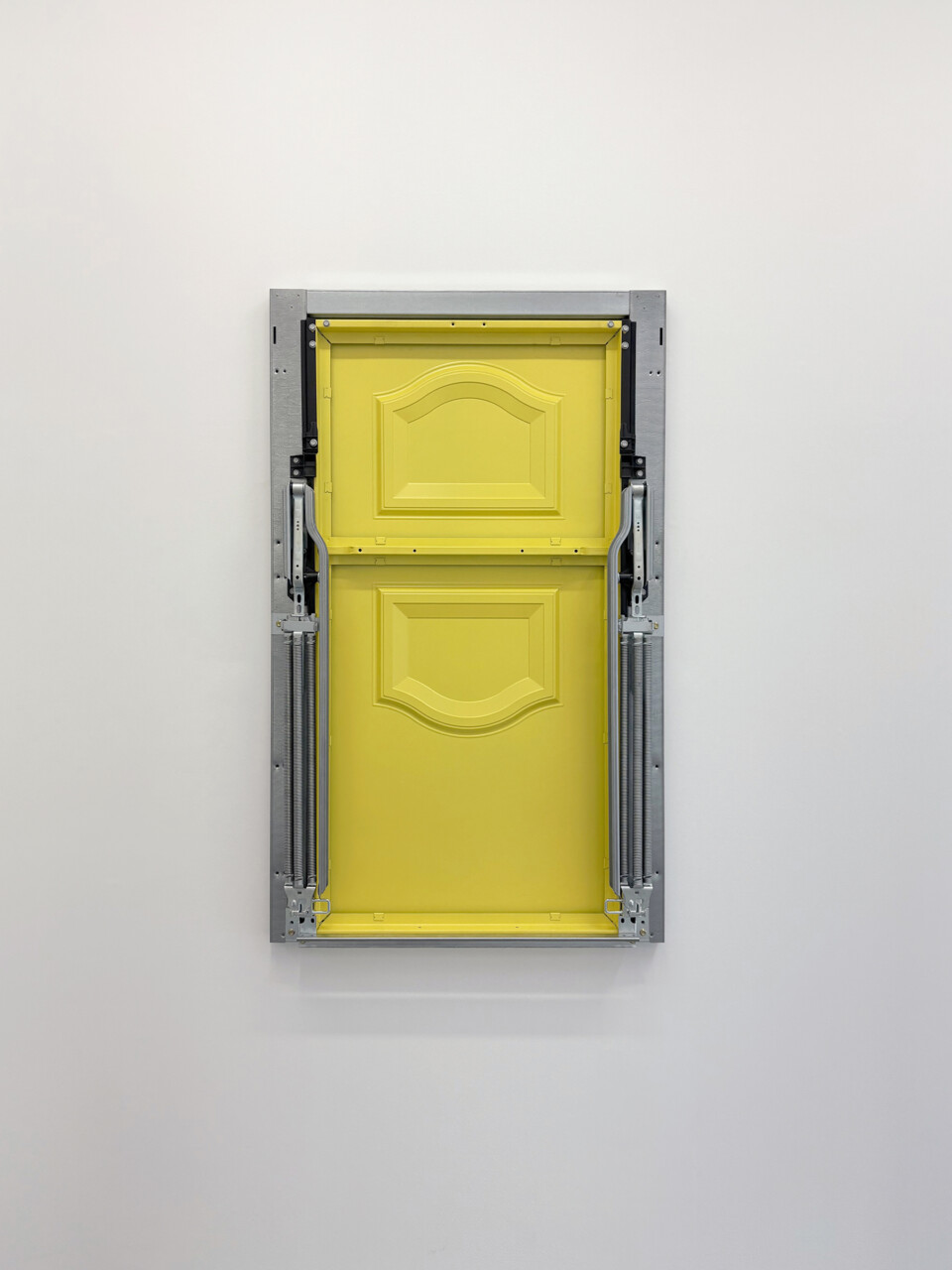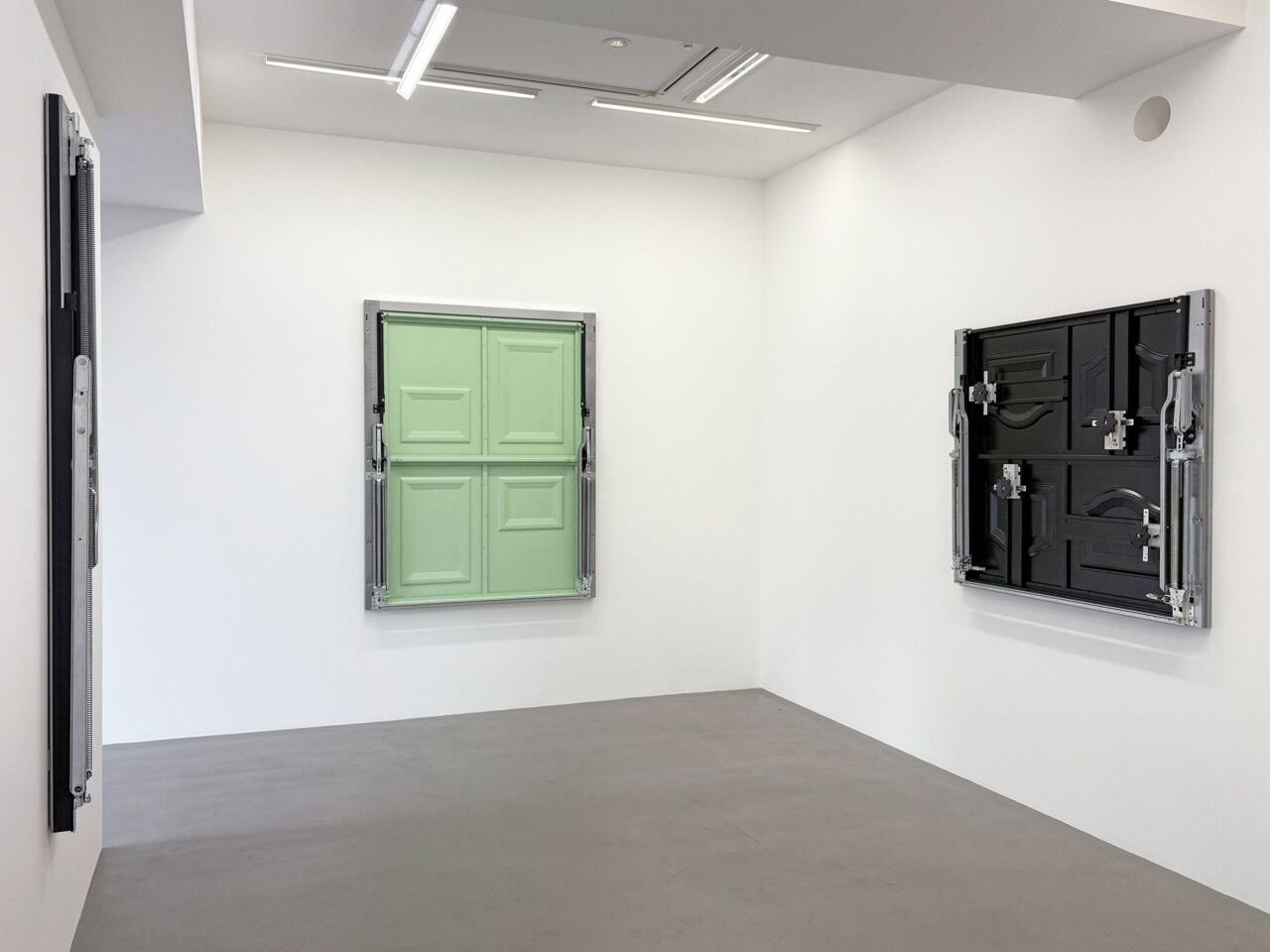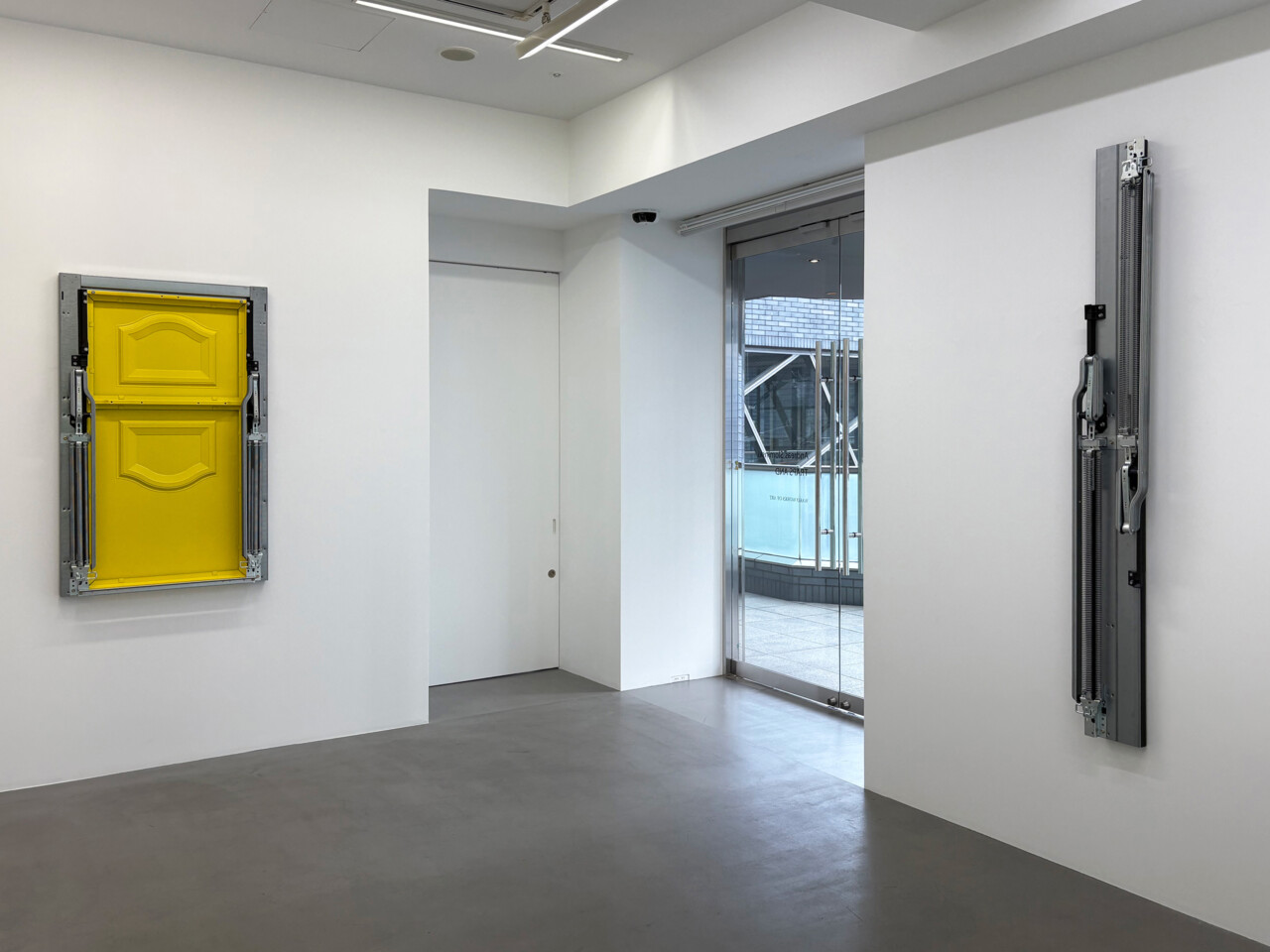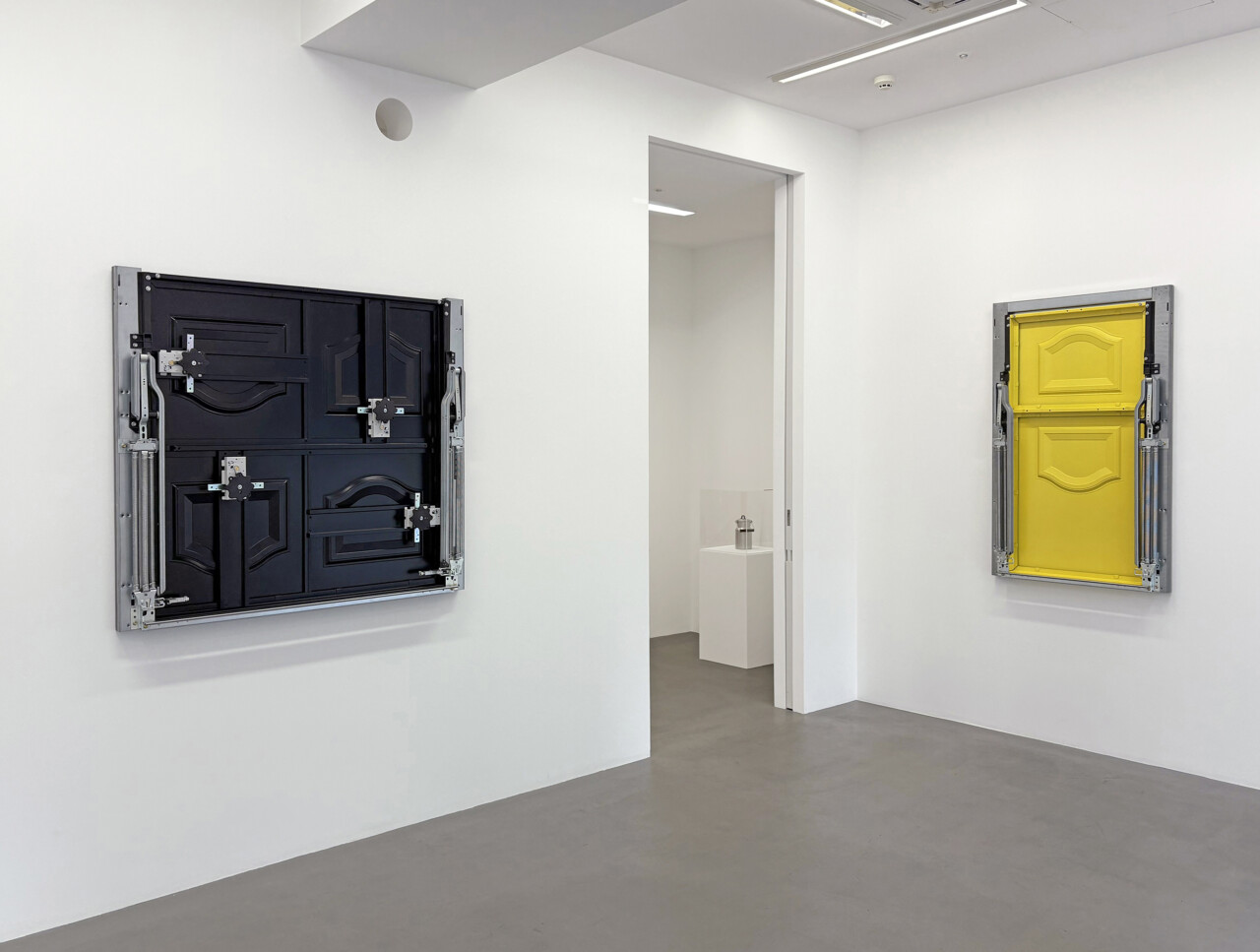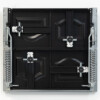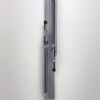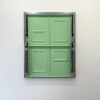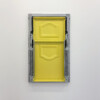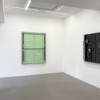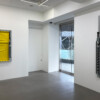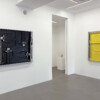TRAPS AND
Wako Works of Art is pleased to present “TRAPS AND”, a solo exhibition by the German artist Andreas Slominski. This marks the artist’s fourth solo show at the gallery and his first in eight years, following his last exhibition here in 2017.
The centerpiece of the exhibition is a group of new works made using commercial garage doors. These doors, detached from their everyday function, appear in the gallery like foreign bodies—“door-like things in the shape of doors”—installed in an environment completely unlike the garages, warehouses, or factories in which such objects would ordinarily be found. They resemble props from a theater of the absurd, casting a sense of unresolved tension across the space and prompting viewers to question what they are seeing.
Each of these doors has been stripped of its ability to open or close, rendered inert, transformed from a tool that mediates movement through space into an object meant only to be looked at. Stripped of utility and removed from their architectural context, they enter the symbolic and institutional realm of the exhibition space, where they take on an entirely new set of meanings. Though these garage doors were never intended to convey content or concept, here they become sites of interpretation. Function, context, and content are inverted or reconfigured, turning these inorganic structures into traps that quietly ensnare the viewer’s thoughts.
Also included is a single work composed solely of metal garage door components—coiled springs and rails—arranged in a narrow vertical configuration. This reductive yet suggestive form stands in sharp contrast to the planar surfaces of the full garage doors and carries a kind of restrained humor characteristic of Slominski’s work.
Another piece included in the exhibition, titled Milk Can (2016), differs markedly from the other works in both form and scale. Constructed from metal and wood, this small container evokes the underground archival efforts of “Oneg Shabbat”, a group that sought to document everyday life and atrocities within the Warsaw Ghetto during the Second World War. After the war, large numbers of written records were discovered buried in milk cans (see Oneg Shabbat Archive). Referencing this history without visual dramatization, Milk Can adds a different register to the show—one of quiet testimony and historical memory.
With these works, Slominski prompts a reexamination of familiar shapes and systems, revealing how meaning is contingent upon use, context, and spatial framing. His sculptures ask what art deems worth seeing and what we expect to encounter when we enter the gallery. We hope you will take this opportunity to engage with this unique body of work.
Andreas Slominski
Born in Meppen, Germany in 1959, Slominski graduated from the University of Fine Arts Hamburg in 1986, and has since been based in both Berlin and Hamburg. He has served as a professor at his alma mater since 2004.
Since the late 1980s, Slominski has consistently developed a body of work that spans sculptural objects modeled after everyday items and performances characterized by enigmatic mechanisms. His practice navigates a terrain where philosophical inquiry intersects with a sense of the absurd.
While his work might superficially recall the aesthetics of the readymade or the irreverence of Dada, Slominski’s selection of materials and motifs is anything but arbitrary. Layered with riddles and metaphorical resonance, his objects resist binary interpretations and instead illuminate the complexities of meaning—its construction, obfuscation, and erasure.
Slominski has held solo exhibitions at major institutions including Hamburger Kunsthalle, Museum für Moderne Kunst Frankfurt (MMK), Deutsche Guggenheim, Kunsthalle Zürich, the Bonnefanten Museum and Kunstmuseum St. Gallen. He has also participated in numerous international exhibitions such as Skulptur Projekte Münster (1997), the 1st Yokohama Triennale (2001), and the 50th Venice Biennale (2003).
